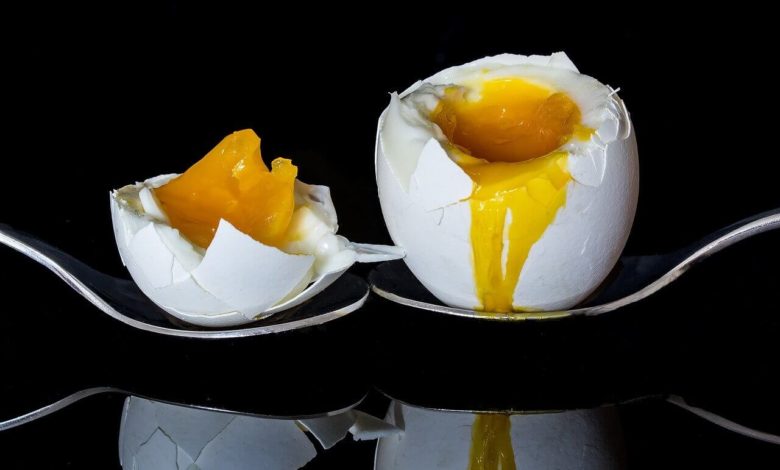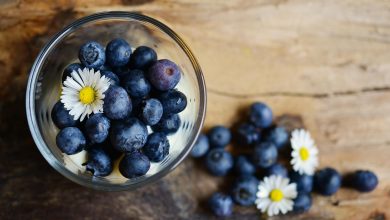Is Too Much Protein Bad for Your Health?

Protein; It is a concept that causes a lot of disagreement in the world of nutrition, diet and fitness. Some experts state that it is impossible to reach a good physique when enough protein is not taken, while others state that consuming high doses of protein is extremely unhealthy. They even claim that taking too much protein causes diseases and much more. Perhaps it is possible to say that those who oppose too much protein are largely dependent on strict vegetarian and even vegan diet disciplines. This does not mean that vegetarians and vegans are wrong in their life choices. Different diets work for different people and there are many health benefits to this lifestyle. However, since this is a hotly debated topic, it is a situation that needs to be conscious with the correct information.
So, is excessive protein intake really harmful to health?
The answer to this question is first of all with plain logic, and as it is known, everything is excessive. Moderation and balance are very important in all areas of life. To consume healthy levels of protein, it is first necessary to know what protein actually functions for the body. When it comes to nutrition, there are three things the body basically needs. These are fuel, raw material and vitamin complexes for electrochemical regulation. While the latter comes from a variety of sources and food groups, they often come from more specific sources. Fuel comes in the form of carbohydrates and sugars, and these are needed to live. Any diet that says there is no need to have any carbohydrate or glucosamine compound is probably not the right idea.
The problem with excessive sugars and carbohydrates is that the body does not burn in a short time, it is stored as a reserve – fat. Therefore, if these calories are not burned, sweets and starches can cause weight problems. Protein is sometimes burned as a limited fuel, and lipids used as compounds in this oil-energy storage system are primarily used as a building material. Like all other machines, parts wear out and these parts must be replaced. Basically, the body needs to get protein to repair itself and build more muscle.
Protein Sources
It is known that protein sources have some potential health risks. Fat red meats or egg yolks are bad not because of the protein they provide, but because of the fatty acids and lipid complexes that come with them. These can be stored by the same system that stores excessive carbohydrate intake and causes things like cholesterol.
Fat-free proteins, such as egg whites, seafood, less-fat milk, and lean poultry, have little health risks for people without existing severe conditions. Still, it’s important to know that sometimes eating bacon or a thick juicy steak won’t kill the person. In fact, it is not possible to eliminate red meat iron (can replace many beans) or fatty compounds of something like pork because the body needs some levels of them.
Myths Spoken on Protein
One of the biggest myths about protein is that excess can cause osteoporosis. It is claimed that the acid load from many proteins in the body causes the bones to rot calcium. Some studies have shown that these symptoms may occur at a low level, for a short time, but not at a continuous, symptomatic level that can lead to skeletal problems such as osteoporosis. Some of the protein and accompanying lipid compounds are critical, as well as good calcium intake for bone, tooth, hair and nail health.
Another great myth is that protein can cause kidney strain. The concern is that it causes an increased workload on the kidneys. It can cause a small increase, but it does not cause enough anxiety in people without existing kidney disease. The kidneys are already the hardest-working organ in the body and are released at any time up to 20% of the blood. There is no information to support the claims that protein can cause kidney problems. Things like high blood pressure, lack of water intake, alcohol and pharmaceutical abuse are typically real criminals.
The situation is different for everyone
This does not mean that it is always a good idea to take a protein supplement. First, different people handle things differently. Many ethnicities and cultures derive most of their energy and fat intake from meat and other essential protein sources, rather than carbohydrates and dairy products. Depending on the genetics, some benefit more from higher protein intake than others. This means that a doctor and a nutritionist must go to determine where the person will fall in this spectrum. It should not only be judged by ethnicity, because it is also highly variable at the individual level. The problem with consuming more protein than needed is that the body will try to burn it. Carbohydrates and other easy-to-use fuels aren’t usually burned when there are plenty of them, but they can be done. Your body has to work hard to burn protein. Mainly lactic As it is an anaerobic process that produces things like acid, it can cause some pain and fatigue.
In addition, this process can cause the body to store better fuel until it gets rid of this excess protein. This can cause weight gain if there is good starch and sugar intake. At the end of the day, it is necessary to go to a specialist to find out what the ideal weight is, metabolism and its own unique biochemistry, etc. information should be obtained. Next, it is necessary to know how much protein the body needs for the exercise regimen, target activities such as active lifestyle level and fitness. There are many variables to consider. If there is interest in vegetarian, pescatarian or other special diets for health or personal preference, it should be ensured that it does not affect the amount of protein sources taken.
Vegetarian sources such as nuts and legumes are less efficient and effective than protein sources such as poultry or seafood. Of course, there are other alternatives like protein supplements, egg substitutes and other modern solutions that provide some of the cleanest protein available. It is a much easier protein to burn faster than the complex amino acids found in any natural protein source, if accidentally over-consumed. Again, everything depends on unique physiology and health issues that can be had. A doctor and nutritionist should be consulted before making important changes to the diet because it is always the smartest way to be safe.





